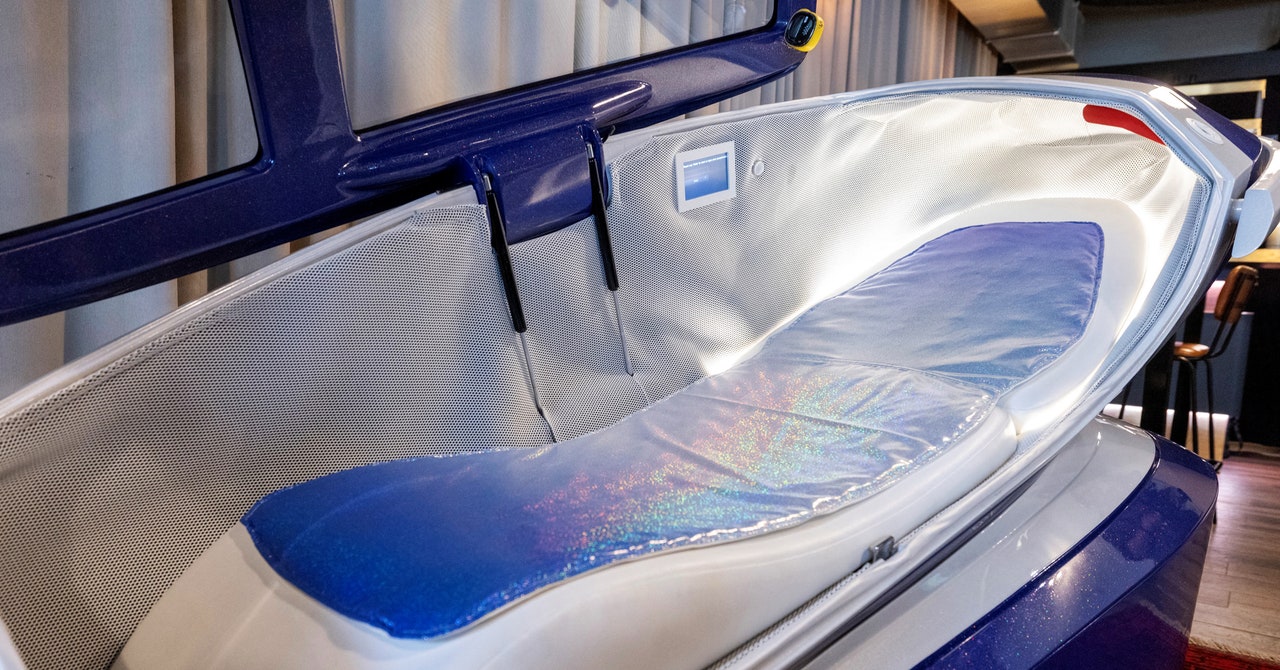âI see [technology] as important in democratizing the process and demedicalizing the process,â says Nitschke, adding the Sarco is not reliant on heavily restricted drugs to operate. âSo all of those issues are ways to make the process more equitable.â
In Switzerland, where the Sarco was used, Nitschkeâs arguments about access to assisted suicide are not particularly radical. Residents and visitors can already access assisted suicide even if they are not terminally ill. But in Nitschkeâs adopted home country of the Netherlands, the Sarco reflects an ongoing debate about assisted suicideâs place in a medical system that dictates only people facing unbearable suffering or an incurable condition can proceed. Nitschke also believes the promise of machines is to take the burden away from the doctor. âIâm passionate about a personâs right to have access to help-to-die, but I donât see why they should turn me into a murderer,â says Nitschke, who earned a medical degree in 1989.
Theo Boer, who spent nine years assessing thousands of assisted suicide cases on behalf of the Dutch government, disagrees that gatekeepers are a bad thing. âWe cannot just leave this to the market,â he says, âbecause it is dangerous.â Yet he is more sympathetic to Nitschkeâs point that doctors should not be burdened with the emotional stress in countries where assisted suicide is legal. âEven though what he does is weird, it contributes to the much-needed discussion in the Netherlands, whether or not we need this heavy involvement of doctors,â says Boer, who is now a professor of health care ethics at the Groningen Theological University.
âWe cannot burden the doctor with solving all our problems,â he says.
For three decades, Nitschke has been an agitator in the right-to-die debate. âHeâs a provocateur,â says Michael Cholbi, a philosophy professor at the University of Edinburgh and founder of the International Association for the Philosophy of Death and Dying. Cholbi is skeptical about whether the Sarco would ever become normalized, but he believes Nitschkeâs creation, even if it strikes some as irresponsible, raises important questions. âHeâs trying to catalyze a perhaps difficult conversation around peopleâs right to access suicide technologies,â he says.
Now 77, Nitschke first explored the idea of delegating assisted suicide to machines in the 1990s. After Australiaâs Northern Territory became the worldâs first jurisdiction to legalize the process, Nitschke was preoccupied with the risk people would see him or his colleagues as âsome evil doctor delivering lethal injections to a moribund patient who didnât know what was happening,â he says.

